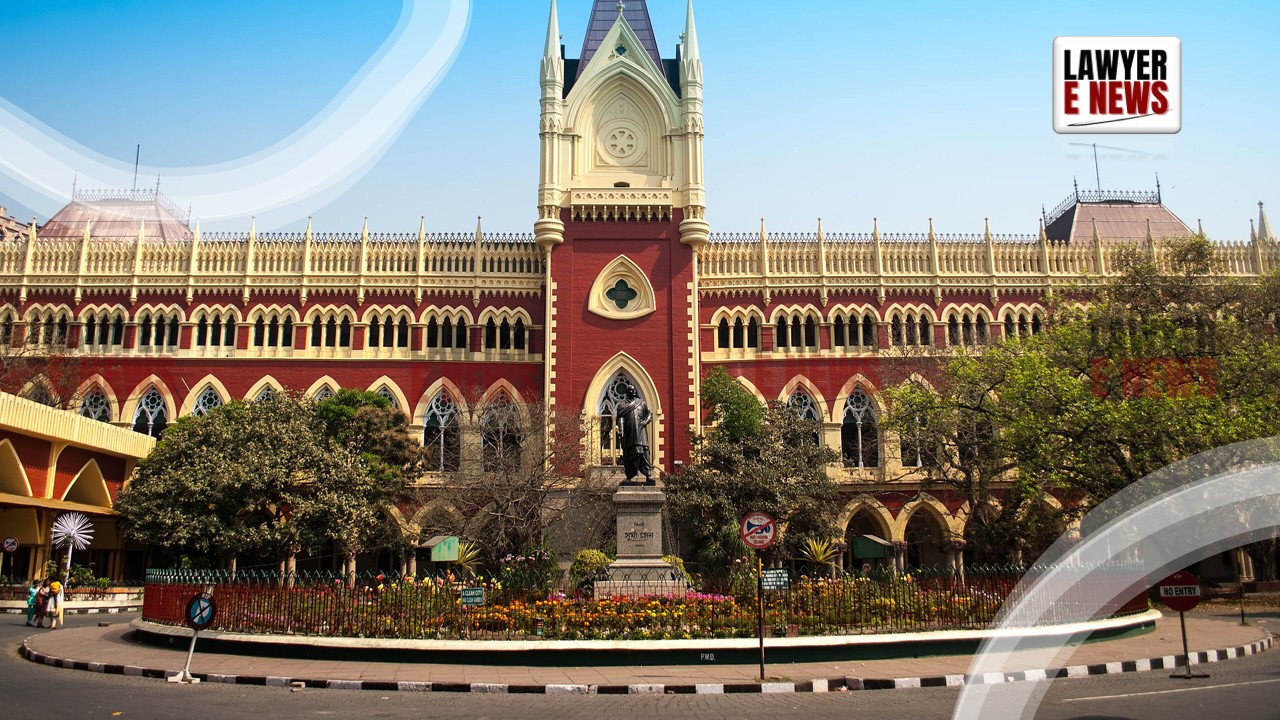-
by Admin
15 February 2026 2:16 AM



"The exercise of inherent power under Section 482 of the Cr.P.C is not the rule but an exception, to be applied only if a miscarriage of justice is imminent." – Justice Bibhas Ranjan De
The Calcutta High Court, under its criminal revisional jurisdiction, dismissed a petition filed by Sudhir Satnaliwala seeking to quash criminal proceedings against him in relation to allegations of corporate misconduct. The case originated from West Port Police Station Case No. 141 of 2013, wherein Satnaliwala, a director of Aggarwal Steel Complex Limited, was accused of fraud, forgery, and criminal breach of trust under several sections of the Indian Penal Code (Sections 120B, 406, 420, 467, 468, and 471). The dispute stems from the alleged misappropriation of company assets following his induction as a director in 2004.
Aggarwal Steel Complex Limited, a company declared as a sick industrial unit by the Board of Industrial and Financial Reconstruction (BIFR) in 1999, sought rehabilitation in 2004. Satnaliwala offered to infuse fresh capital to revitalize the business, resulting in his appointment as a director. However, opposite party no. 2, also a director of the company, later alleged that Satnaliwala disposed of company assets without the knowledge of the Board and in violation of BIFR orders. The company’s properties, including manufacturing sites, were reportedly sold to third parties under suspicious circumstances.
The primary issue before the court was whether the criminal proceedings initiated based on the company’s internal affairs could be quashed under Section 482 of the CrPC. The petitioner’s argument was that the allegations were rooted in a commercial dispute, and thus criminal prosecution was inappropriate.
Counsel for the petitioner, Mr. Ayan Bhattacharjee, argued that the complaint was a corporate matter, improperly criminalized. He emphasized that the investigating officer failed to consider key documents before filing the chargesheet and highlighted the long delay—nine years—between the cause of action and the filing of the FIR. Bhattacharjee cited multiple cases, including Dinesh Gupta v. State of Uttar Pradesh and A.M. Mohan v. State of Tamil Nadu, to support his claim that corporate disputes should not be converted into criminal cases.
On the other hand, counsel for the opposite party, Mr. Sanjay Banerjee, contended that the petitioner abused his position by misusing company resources for personal gain. The petitioner allegedly sold company property and siphoned funds into family-owned companies. Banerjee asserted that the petitioner had committed forgery and criminal breach of trust, warranting criminal proceedings.
The State, represented by Mr. Binay Panda, supported the prosecution, arguing that sufficient evidence had been gathered during the investigation to proceed with the charges.
The court found that a prima facie case was made out against the petitioner, with sufficient evidence collected to justify trial. Justice De noted that the High Court's role under Section 482 CrPC is limited and that the court should not interfere in criminal proceedings unless there is clear evidence of abuse of process. The judge observed that the delay in filing the FIR was justified, as the opposite party only discovered the alleged misappropriation in 2013.
The court referenced multiple precedents, including Zandu Pharmaceutical Works Ltd. v. Mohd. Sharaful Haque, to highlight that corporate disputes do not preclude criminal liability if fraud or criminal breach of trust is involved.
The High Court’s dismissal of the petition underscores the judiciary’s reluctance to quash criminal proceedings at an early stage, especially in cases involving allegations of fraud and breach of trust in corporate matters. The ruling sets a precedent that corporate mismanagement disputes, when intertwined with potential criminal acts, must go through trial rather than being prematurely quashed. This decision may influence future cases involving corporate fraud, reinforcing that the High Court will exercise its quashing powers only under exceptional circumstances.
Sudhir Satnaliwala vs. State of West Bengal & Anr.
Date of Judgment: September 10, 2024
